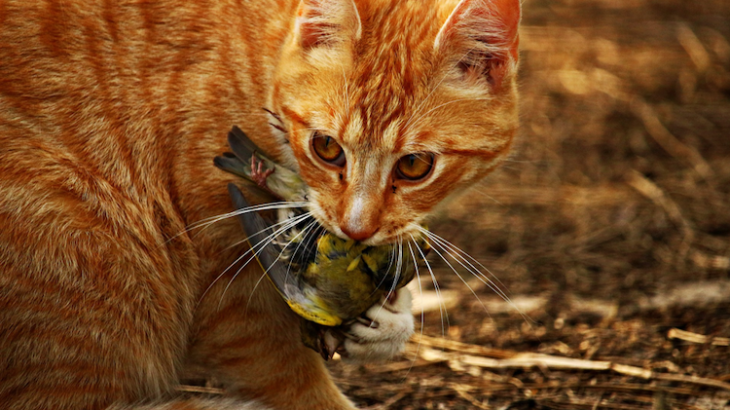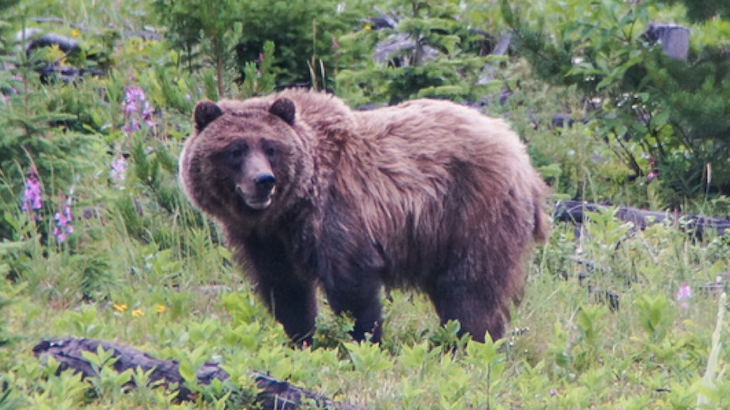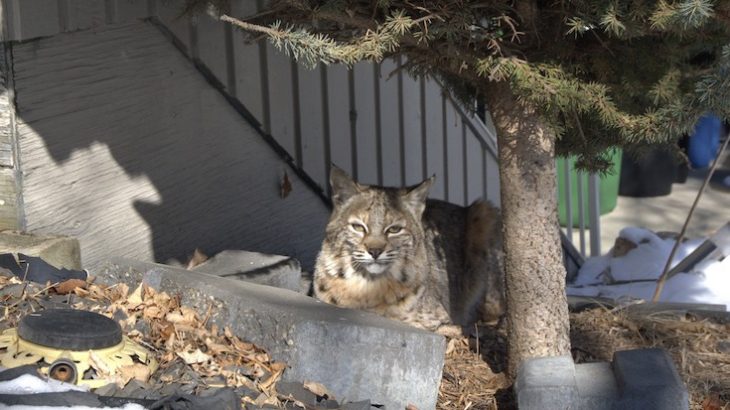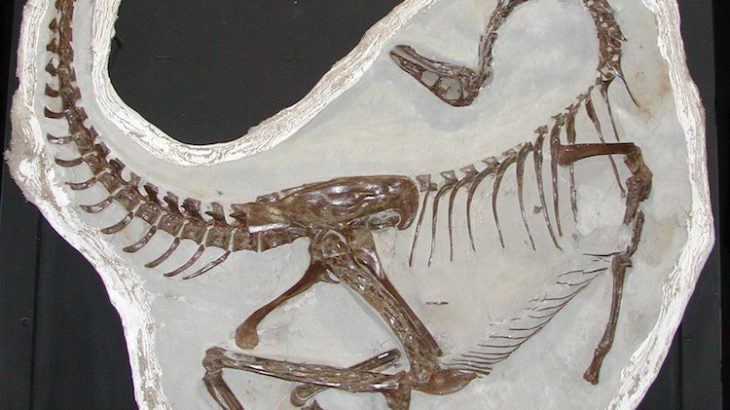
Tanya Samman and Alina Fisher, Environmental and Earth Sciences co-editors Disclaimer: Both Alina and Tanya are fans of both cats and wildlife. This post is not intended to alienate any outdoor cat owners. The intention is to demonstrate the effects these animals have on wildlife. The crime scene You open your door to find a […]






